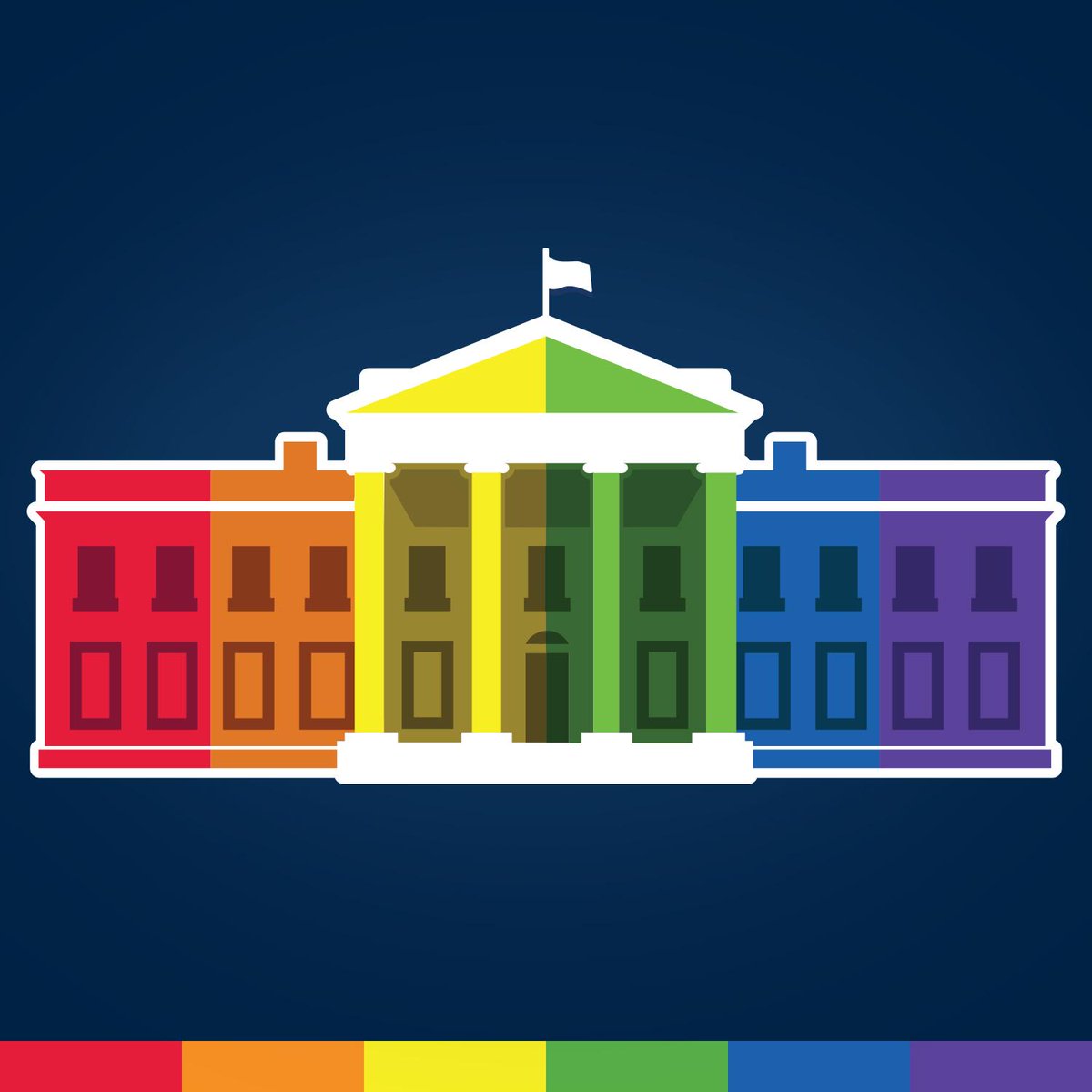Overview
In June 2015, the LGBT community’s fight for marriage equality reached a major milestone when the U.S. Supreme Court ruled in Obergefell v. Hodges that the Constitution requires all states to recognize same-sex marriage as a valid union.
Background
Hawaii Ruling
In 1993, the Hawaii Supreme court declared in Baehr v. Lewin that the state’s prohibition of same sex marriage was unconstitutional.
Massachusetts Ruling
On November 18th, 2003, the Supreme Judicial Court ruled in Goodridge v. Department of Public Health that same-sex couples had the right to marry in the state of Massachusetts. On May 17th, 2004, the state became the first in the U.S. to legalize same-sex marriage.
Notable Developments
Supreme Court Ruling
On June 26th, 2015, the U.S. Supreme Court ruled in Obergefell v. Hodges that the U.S. Constitution requires all states to recognize same-sex marriage. Justice Anthony Kennedy wrote the majority opinion, and was joined by Ruth Bader Ginsburg, Stephen Breyer, Sonia Sotomayor and Elena Kagan.
“No union is more profound than marriage, for it embodies the highest ideals of love, fidelity, devotion, sacrifice, and family. In forming a marital union, two people become something greater than once they were. As some of the petitioners in these cases demonstrate, marriage embodies a love that may endure even past death. It would misunderstand these men and women to say they disrespect the idea of marriage. Their plea is that they do respect it, respect it so deeply that they seek to find its fulfillment for themselves. Their hope is not to be condemned to live in loneliness, excluded from one of civilization’s oldest institutions. They ask for equal dignity in the eyes of the law. The Constitution grants them that right.”
Dissenting Opinions
The dissenting Justices John Roberts, Antonin Scalia, Clarence Thomas and Samuel Alito authored their own opinions. Roberts argued that the ruling demonstrated the Court had overreached its role as constitutional enforcer and that it would serve a setback for supporters of same-sex marriage who had been successfully persuading the public through the “democratic process.”
“Understand well what this dissent is about: It is not about whether, in my judgment, the institution of marriage should be changed to include same-sex couples. It is instead about whether, in our democratic republic, that decision should rest with the people acting through their elected representatives, or with five lawyers who happen to hold commissions authorizing them to resolve legal disputes according to law.”
Justice Scalia wrote a separate dissent in which he criticized other Justices for being “activists” and accused the Court of being a “threat to American democracy.” Justice Thomas argued the majority were misinterpreting the 14th Amendment’s Due Process Clause. In Justice Alito’s dissent, he asserts that the Due Process Clause did not protect gay marriage and that the “majority facilitates the marginalization of the many Americans who have traditional ideas.”
Following the ruling, many mocked the opinions of Scalia and Thomas with image macros and animated GIFs (shown below).[1]



Online Reaction
That day, the official White House Twitter feed changed its profile picture to a rainbow-colored illustration of the White House building (shown below).

Also on June 26th, the hashtags #MarriageEquality and #LoveWins began trending on Twitter and Facebook along with messages praising the Supreme Court’s decision. Meanwhile, several posts about the ruling reached the front page of Reddit,[3][4][5][6] including an animated GIF on /r/dataisbeautiful[2] displaying the legal history of same-sex marriage in the United States (shown below).

Fewer than seven hours after the news of the decision, the hashtag #LoveWins had been tweeted 2.71 million times, and the secondary hashtag #MarriageEquality had been tweeted more than 170,000 times.[7] When users tweeted using the #LoveWins hashtag, Twitter automatically added a rainbow heart-shaped emoji.




In opposition, the hashtag #OneManOneWoman was being used by those in opposition to the decision. It was used almost 800 times in the same time frame. Many tweeting using this hashtag were responded to by marriage equality advocates.



Search Interest
External References
[1]Business Insider – Scalia is getting roasted on social media
[2]Reddit – The history of same-sex marriage in the United States
[3]Reddit – Supreme Court rules gay couples nationwide have a right to marry
[4]Reddit – Gay Marriage Legalized Nationwide
[5]Reddit – Supreme Court legalizes gay marriage
[6]Reddit – Supreme Court rules gay marriage is legal nationwide
[7]Topsy Analytics – Analytics for #LoveWins, #MarriageEquality, and #OneManOneWoman